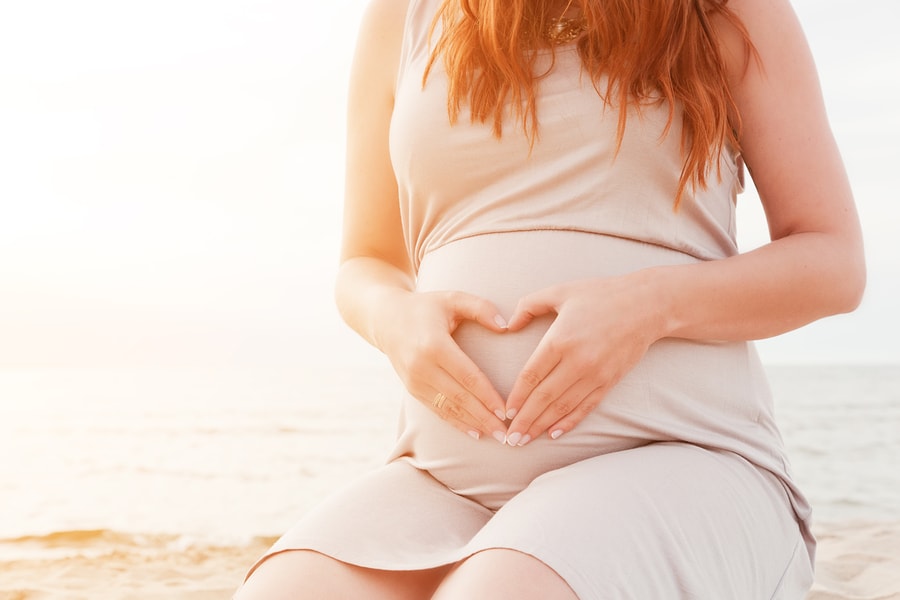Hypnobirthing trial results due this month

Results of a much-anticipated trial into hypnobirthing are due to be made public later this month, and it’s reported that the numbers of women who opt to use hypnobirthing techniques to help them with pain during labour has steadily increased over the past ten years.
Awareness of hypnobirthing techniques was raised considerably in 2013 when the media reported that the Duchess of Cambridge used self-hypnosis techniques during her labour with Prince George, in addition to using hypnosis to help her overcome morning sickness.
At the moment there is very little published clinical evidence in favour of hypnobirthing, and most of the evidence is anecdotal. However, in the next few weeks, the results of the Self-Hypnosis for Intrapartum Pain management (SHIP) trial(funded by the NHS) will be published, and it’s hoped that these will provide the required clinical evidence to back up the numbers of women who claim it has helped them with their own experiences of childbirth.
The study, run by East Lancashire Hospitals NHS Trust which provides maternity services at two locations in Blackburn and Burnley, offered a group of pregnant women the chance to attend a short hypnobirthing course, where they were taught how to use self-hypnosis techniques to control pain in childbirth. The course also involved the participants taking part in two hour-long sessions with a midwife, and they were then given a self-hypnosis CD to take away and use at home.
The group of women who were given advice and the CD were then compared with another group of pregnant women who didn’t attend classes or listen to the CD. The study organisers hoped that when they compared the experiences of both groups of women, it would give them valuable evidence and insight into whether self-hypnosis can actually help to control and reduce the pain associated with giving birth.
It’s very much hoped that the SHIP trial will demonstrate the effectiveness of hypnobirthing, while highlighting the unnecessary medicalisation of normal births, and suggesting ways in which unnecessary interventions could potentially be avoided. Some maternity units in the UK already offer HypnoBirthing, which has been approved by the British Medical Association (BMA) for over 40 years, and is recognised in the UK by the National Institute of Clinical Excellence (NICE).
A previous survey based on 1,251 women showed that 95 per cent of women using hypnobirthing CDs reported a better birth experience, with 86 per cent also reporting a dramatic reduction in fear of labour. 19 per cent of the women who took part in the study also needed no analgesic or anaesthetic requirements, while a further 37 per cent only needed entonox (gas & air) for their labour.

